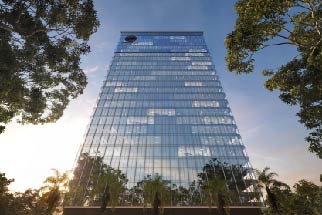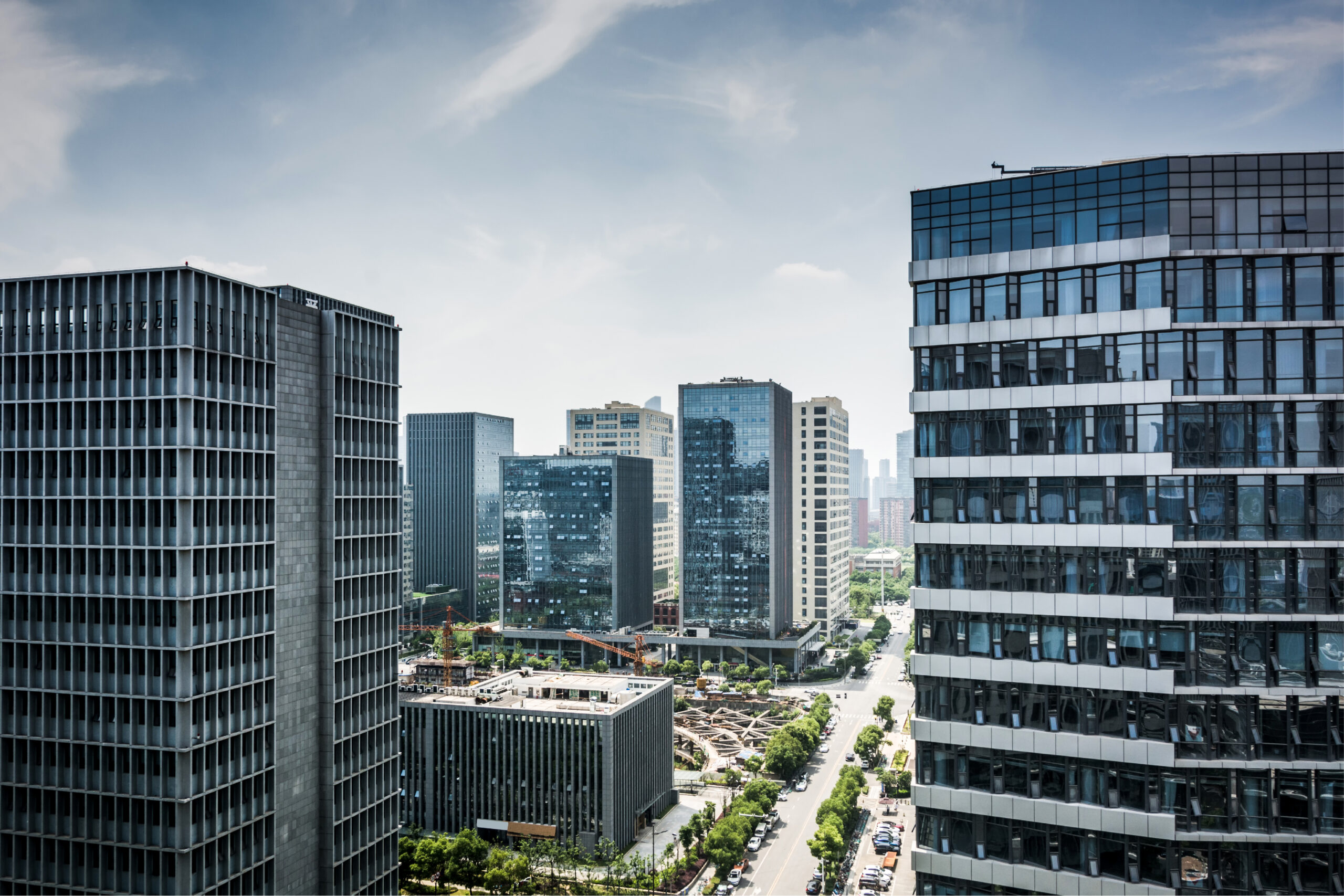India’s ultra-high-net-worth individuals (UHNIs) are refining their investment approach toward commercial real estate (CRE). The reassessment currently underway is a strategic recalibration of how capital is deployed, into what it is deployed, and the role commercial real estate plays in a future-proofed portfolio.
Several macro and structural trends are fuelling this shift:
- From opportunistic to defensive: There is a clear pivot from speculative land banking and greenfield assets to stabilised, income-yielding developments with strong tenancy and long-term viability.
- Form of ownership is evolving: Direct holdings and fragmented stakes are giving way to institutional models like REITs that offer scale, governance, and exit visibility.
- ESG driving decisions: With regulatory frameworks and global investors prioritising sustainability, UHNIs are proactively integrating ESG-aligned assets that ensure both compliance and relevance.
- Liquidity and intergenerational planning: Asset transferability, governance clarity, and estate readiness are becoming top priorities, especially for family offices planning across generations.
Together, these forces represent a fundamental repositioning. CRE is no longer viewed in isolation as a high-yielding asset. It is now being evaluated as a strategic wealth tool, one that must perform across cycles, align with ESG norms, and support liquidity and succession planning. The reassessment is not about exiting the market, it is about upgrading the playbook. Let’s delve into each aspect shaping this transition.
From Expansion To Consolidation
The first visible shift is a clear move from aggressive expansion to strategic consolidation. Earlier, UHNIs were key participants in land aggregation and greenfield office investments. Today, they are narrowing their focus to high-performing, fully built, income-yielding Grade A assets.
This reflects not just a change in risk appetite, but in investment philosophy. Asset quality, tenant profile, and compliance readiness have taken precedence over speculative upside.
This recalibration is supported by market data. Capital deployment into Indian real estate reached USD 11.4 billion in 2024, a 54% year-on-year growth, largely driven by completed assets and well-located land acquisitions (CBRE).
The new mandate is clear: fewer assets, stronger fundamentals, and consistent rental performance. The next layer of this shift involves how UHNIs prefer to own these assets.
Form Of Ownership Is Evolving
Alongside asset preference, the structure of ownership itself is transforming. UHNIs are moving away from direct, individually held assets or co-invested fragments in family partnerships. Instead, they are leaning into institutional models like REITs, Alternative Investment Funds (AIFs), and managed discretionary platforms.
These structures offer several advantages:
- Liquidity through public markets or defined exit windows
- Professional management with compliance and operational oversight
- Governance standards aligned with global best practices
- Diversification within and across asset classes
A prime example of this evolution is the scale at which REITs are being capitalised. Embassy Office Parks REIT, India’s largest, has announced plans to raise USD 400 million to meet growing demand for institutional-grade office assets (Reuters).
For UHNIs, these platforms deliver transparency, reduced administrative burden, and exposure to well-performing assets without operational complexity. But ownership models are only one part of the equation, asset performance is increasingly being driven by sustainability metrics.
ESG Driving Decisions
Environmental, Social, and Governance (ESG) factors have moved from being soft preferences to hard investment filters. Whether driven by SEBI’s Business Responsibility and Sustainability Reporting (BRSR) norms or global LP mandates, ESG now shapes portfolio construction.
As of end-2024, 66% of Grade A office stock across India’s top six cities was green-certified, amounting to 503 million sq ft. More notably, over 75% of all leasing in 2024 took place in green-certified buildings, underscoring a structural market shift, not a passing trend (Colliers).
This growing preference for sustainable assets is not confined to new supply. Developers are actively retrofitting older buildings to improve ESG scores, unlocking a market opportunity worth over INR 425 billion (Colliers). This ESG integration is not only about compliance. It is now a strategic lever for:
- Enhancing asset valuation and rental premiums
- Attracting global corporate tenants with sustainability mandates
- Staying compliant and responsible in an increasingly regulated and climate-conscious market
Air quality monitoring, energy efficiency systems, waste reduction, and wellness infrastructure are now prerequisites for future-ready CRE portfolios. This reorientation towards quality and compliance also aligns with a deeper concern: preparing assets for smooth intergenerational transfer.
Liquidity And Intergenerational Planning
A critical driver behind the reassessment is the growing need for estate readiness and wealth continuity. UHNIs are increasingly viewing CRE through the lens of transferability, ease of governance, and long-term asset hygiene.
Family offices are prioritising:
- Clear holding structures with well-defined ownership and succession protocols
- Simplified exits through REITs or managed funds that allow redemption or divestment
- Portfolio hygiene ensuring assets meet legal, compliance, and tax thresholds for smooth inheritance
This is particularly relevant as the first generation of Indian wealth transitions to the next. Structures that offer transparency, liquidity, and minimal transfer friction are being favoured over legacy holdings that are operationally burdensome or non-compliant. CRE is no longer just a source of income, it is now also a critical estate planning tool.
As India's commercial real estate evolves, UHNIs are sharpening their lens, filtering for transparency, yield resilience, and ESG alignment. The shift is not about cutting exposure, but about elevating the quality of exposure.
At SQUAREA, we specialise in helping investors navigate this next cycle. From REIT entry strategies to pre-leased Grade A assets and co-investment platforms, our advisory ensures alignment with your long-term capital goals and risk appetite.
To learn more or build your next strategic CRE allocation, connect with us at hello@squarea.io or call +91 90 9641 9641.





